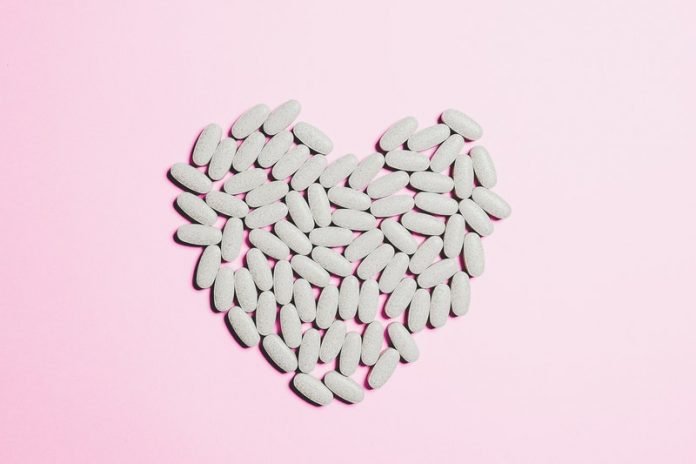
In a new study from the Texas A&M University, researchers found that the antidepression drug duloxetine could be beneficial to patients with both depression and heart disease.
Globally, more than 300 million people have depression, which comes with an increased risk of developing heart disease.
When a blood vessel is injured, the platelets in our blood respond by forming clots that stop blood bleeding.
If this activation goes into overdrive, it can lead to thrombosis, a condition where blood clots form inside blood vessels and can dislodge to lead to a heart attack or stroke.
In the study, researchers showed that duloxetine inhibited platelet function and protected against clot formation.
The finding suggests that duloxetine, which has already been approved by the FDA for depression, has antithrombotic activity.
The researchers focused on duloxetine because it is a serotonin-norepinephrine reuptake inhibitor, which means it acts on the protein that controls levels of the neurotransmitter serotonin.
In addition to playing a role in depression, serotonin is known to help control platelet activity.
Using human blood, the researchers performed a series of experiments to examine duloxetine’s effects on platelets in human blood.
They found that the antidepressant inhibited platelet aggregation in a dose-dependent manner, implying that the drug could prevent clot formation.
Using a mouse model of thrombosis, the researchers also found that duloxetine slowed down the time it took for platelets to aggregate into a clot large enough to block an artery.
The team says understanding the antiplatelet effects of duloxetine is critical due to the prevalence of patients with depression and heart disease.
Having one drug that can treat both conditions could help avoid drug interactions. Duloxetine may also serve as a blueprint for developing a novel class of antithrombotic agents.
If you care about depression, please read studies about single dose cannabis THC may lead to depression, anxiety, and psychotic symptoms and findings of single dose of this drug may help reduce anxiety and depression for a long time.
For more information about depression and mental health, please see recent studies about this mood function is low or even absent in people with depression and results showing that new treatment could rapidly reduce depression symptoms.
The study was presented at the American Society for Pharmacology and Experimental Therapeutics annual meeting. One author of the study is Patricia A. Lozano.
Copyright © 2021 Knowridge Science Report. All rights reserved.



